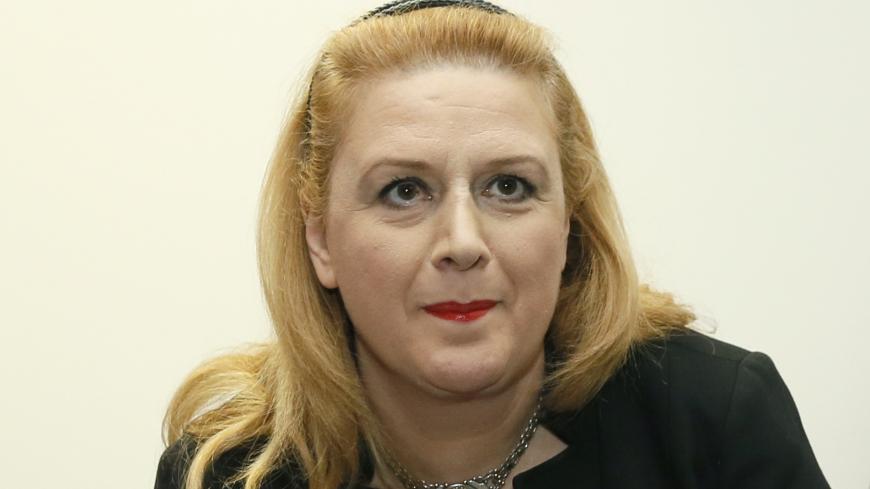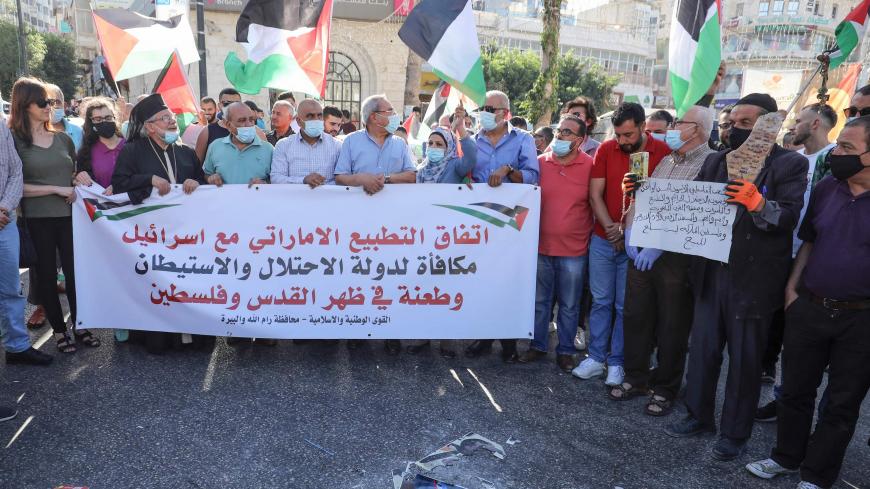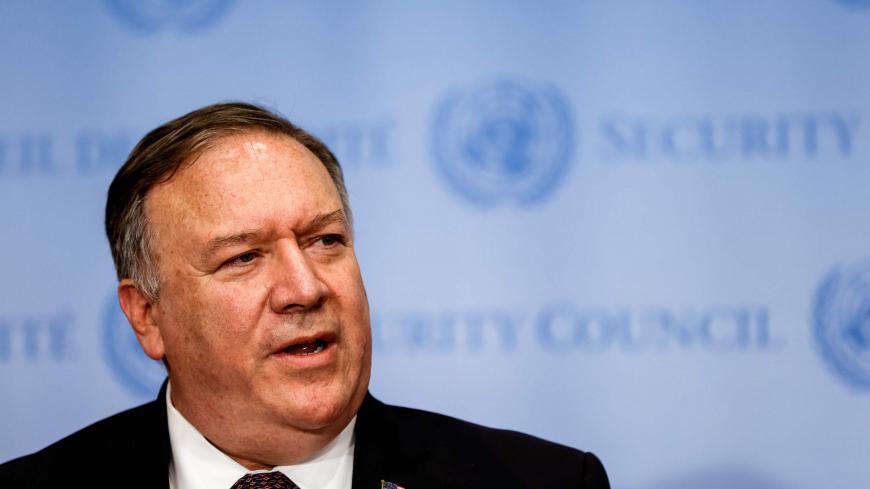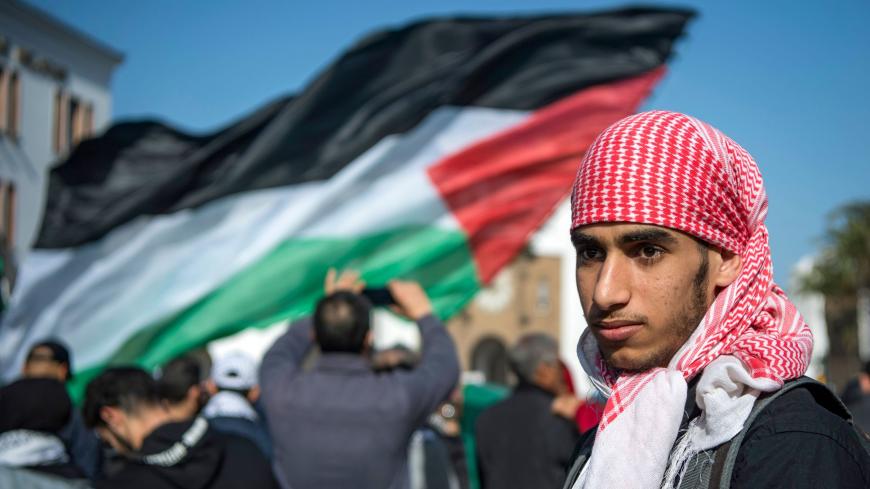![1178659660 Palestinian Chief Negotiator Saeb Erakat speaks during the 2019 J Street National Conference at the Walter E. Washington Convention Center in Washington, DC on October 28, 2019. (Photo by MANDEL NGAN / AFP) / The erroneous mention[s] appearing in the metadata of this photo by MANDEL NGAN has been modified in AFP systems in the following manner: [Saeb Erakat] instead of [Saab]. Please immediately remove the erroneous mention[s] from all your online services and delete it (them) from your servers. If you have](/sites/default/files/styles/article_hero_medium/public/almpics/2020/08/GettyImages-1178659660.jpg/GettyImages-1178659660.jpg?h=a5ae579a&itok=Z0FEREbz)
![1178659660 Palestinian Chief Negotiator Saeb Erakat speaks during the 2019 J Street National Conference at the Walter E. Washington Convention Center in Washington, DC on October 28, 2019. (Photo by MANDEL NGAN / AFP) / The erroneous mention[s] appearing in the metadata of this photo by MANDEL NGAN has been modified in AFP systems in the following manner: [Saeb Erakat] instead of [Saab]. Please immediately remove the erroneous mention[s] from all your online services and delete it (them) from your servers. If you have](/sites/default/files/styles/article_hero_medium/public/almpics/2020/08/GettyImages-1178659660.jpg/GettyImages-1178659660.jpg?h=a5ae579a&itok=Z0FEREbz)
Why AL-Monitor?
AL-Monitor is an award-winning media outlet covering the Middle East, valued for its independence, diversity and analysis. It is read widely by US, international and Middle East decision makers at the highest levels, as well as by media, thought and business leaders and academia.
Read by









Live news & notifications

Premier analysis of the Middle East

Live events & video

Specialized Newsletters

Big, exclusive interviews

ALM archives since 2012
![1178659660 Palestinian Chief Negotiator Saeb Erakat speaks during the 2019 J Street National Conference at the Walter E. Washington Convention Center in Washington, DC on October 28, 2019. (Photo by MANDEL NGAN / AFP) / The erroneous mention[s] appearing in the metadata of this photo by MANDEL NGAN has been modified in AFP systems in the following manner: [Saeb Erakat] instead of [Saab]. Please immediately remove the erroneous mention[s] from all your online services and delete it (them) from your servers. If you have](/sites/default/files/styles/article_hero_medium/public/almpics/2020/08/GettyImages-1178659660.jpg/GettyImages-1178659660.jpg?h=a5ae579a&itok=Z0FEREbz)
Subscribe for unlimited access
By becoming an Al-Monitor subscriber, you drive our team’s rigorous and independent journalism spanning the Middle East.
Continue







